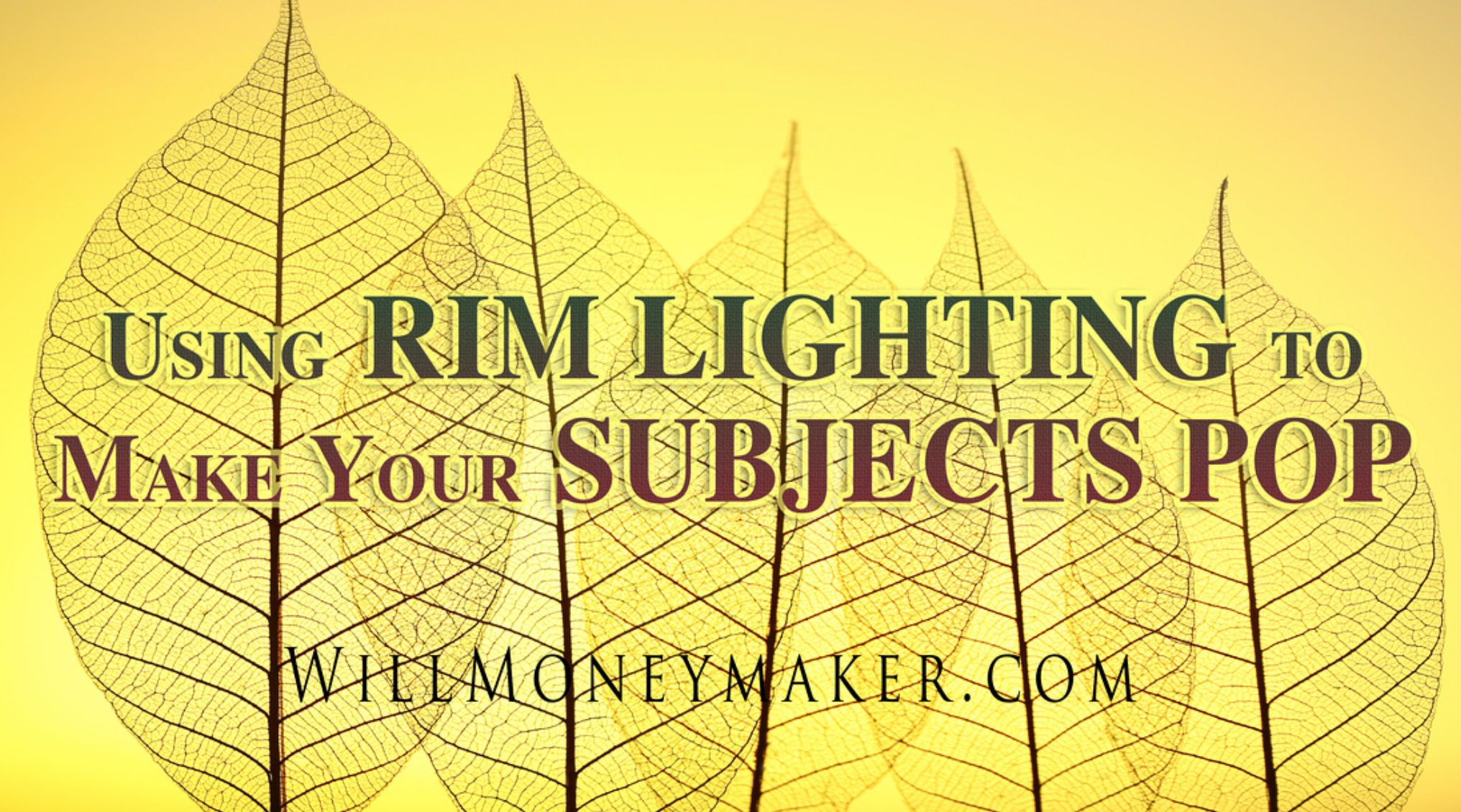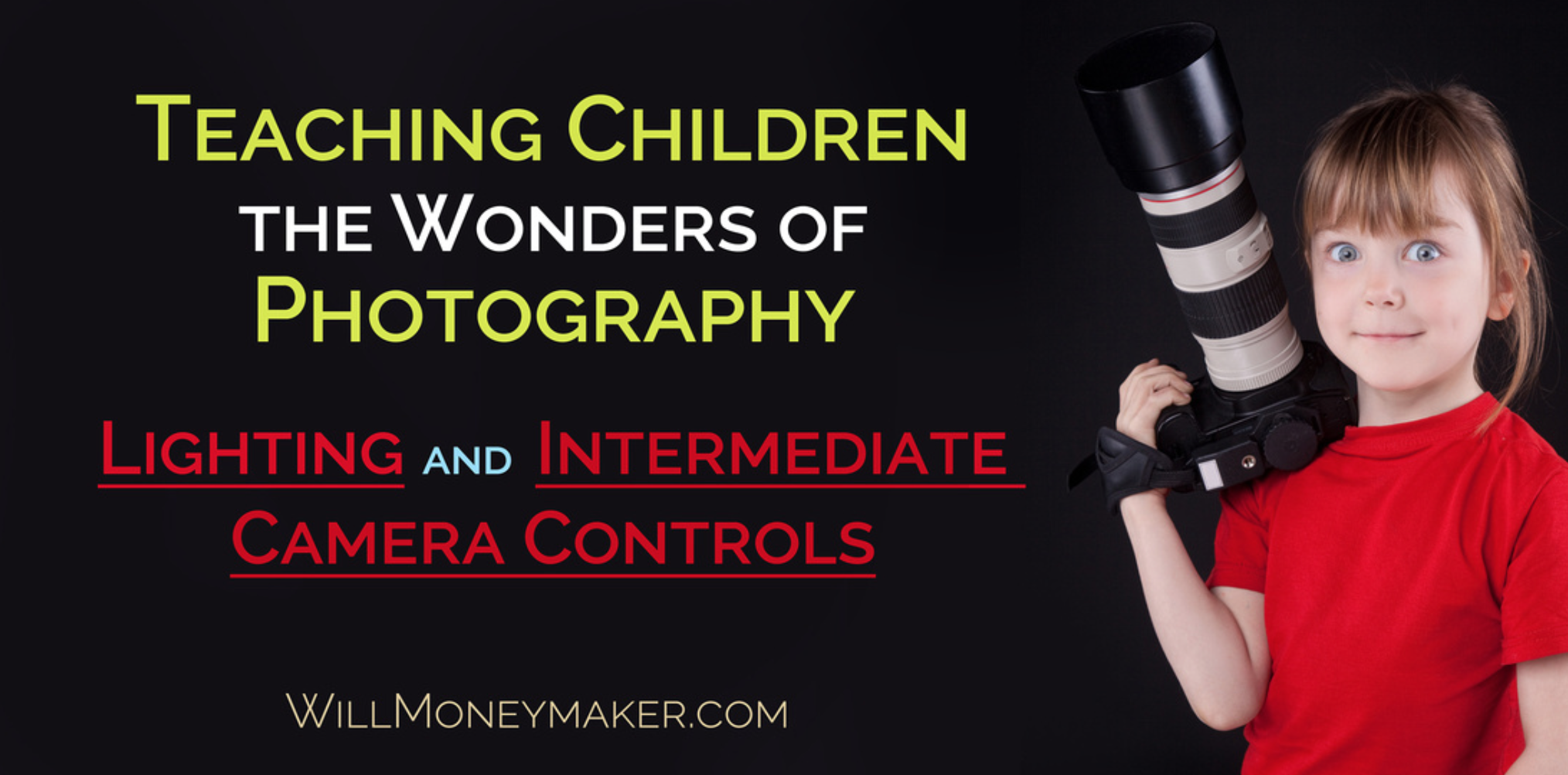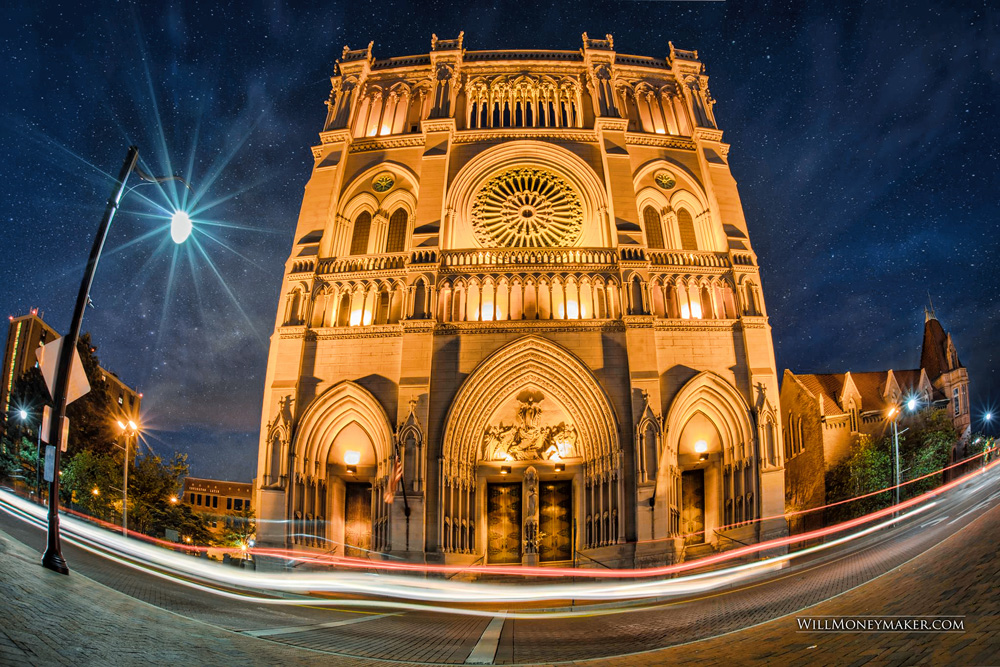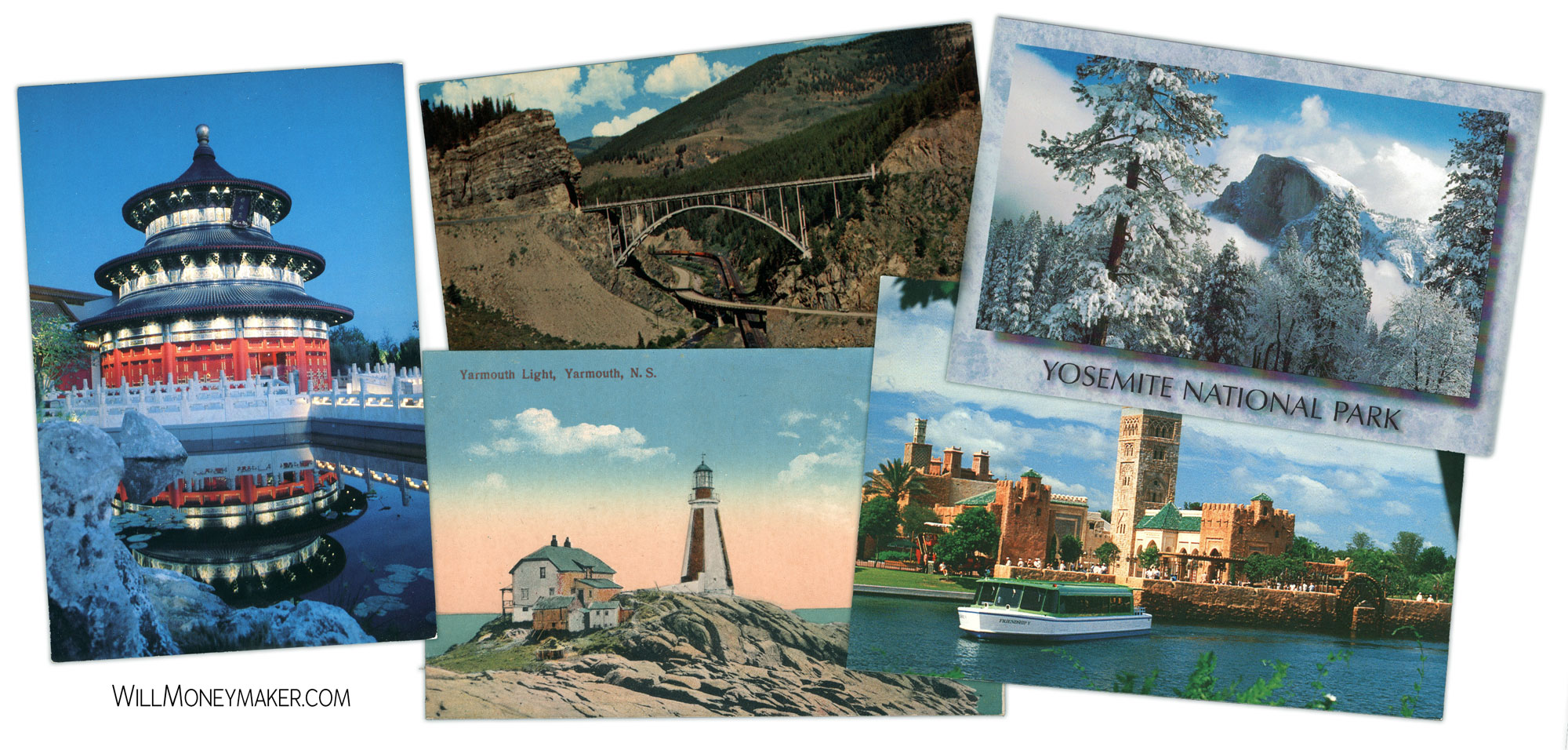Light is one of those things that are truly disagreeable, isn’t it? How many times have you stood out in a forest or field, getting ready to create photographs in the perfect golden lighting, only for the clouds to roll in? Or you arrive on location expecting a certain type of lighting, like warm incandescent, but you find cold fluorescents.
It happens to the best of us—and oftentimes, it means not taking any photographs because you don’t like the lighting, and the color correction on the photographs you wanted to create would be too much of a hurdle to overcome and still produce a quality finished image.
At the end of the day, unless we’re working in a studio environment with perfectly controlled lighting, the light is just something we really have no control over. The sun and the moon will do their own thing, and unfortunately, we can’t choose the lights people pick for their own homes no matter how badly we might want to create candids in those homes. Sometimes, it’s not even the color or quality of the light but the way that it flickers, the angle at which it falls across the subject, or some other bit of craziness that we can’t manipulate outside of Photoshop.
So, what do we do in these situations? Well, I’ve said already that it’s tempting to put the camera away and wait for a better time or more favorable conditions. But truthfully, I don’t think that’s the right solution. How much time is wasted in the waiting? Depending on what sort of conditions you’re waiting for, it could be days, weeks, months—maybe never if you’re hoping for something incredibly specific. All of that is time spent not creating photographs when we could be—it’s time wasted.
No, I think these are opportunities for us to grow. To learn how to change our way of thinking. It’s on us to take these photographic lemons we’ve been given and turn them into lemonade.
And how do we do that? It all comes down to not being so stubborn about what it is we want to photograph. It’s true that fluorescent lighting, for example, does give a weird greenish tint. But can you somehow use that to your advantage? Maybe now is not the time, and here is not the place to create those candid images that are full of warmth and levity. Maybe instead, it’s the time and place to let that cool, depressing lighting inspire you to find something that suits it. This is your opportunity to create something moody or something that otherwise fits the lighting and conditions that you have to work with.
Ultimately, we are painters, and our medium is light. That is what we spread on the canvas to create what we want. In some ways, that makes our life a little harder than that of an actual painter because we can’t always simply put different shades on the palette. We have to work with the world and work with what we are given. There are so many different types of lighting out there, from LEDs to candles, campfires, and more, that we can safely expect something different each time we go out to photograph.
But these are the tools we have to work with. It’s on us to find the art in them.
Now, go and enjoy the beauty of God’s creation through your lens.




